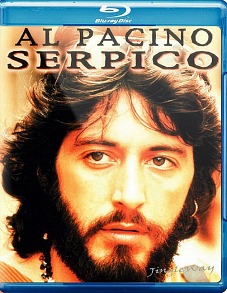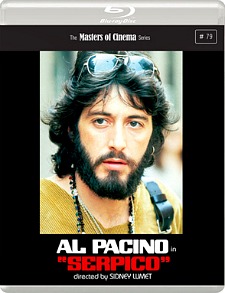All corporate CG-driven superhero zombie movies are torture to varying degrees, but Zack Snyder‘s Man of Steel‘s was a stand- out. It delivered an 80-minute action finale (Henry Cavill‘s Superman vs. Michael Shannon‘s General Zod) that may have been…no, was the most oppressively boring, prolonged and soul-numbing experience of my moviegoing life…ever. I realize that Snyder was probably trying to top a similar action finale in 2012’s The Avengers, but something really foul and acidic came alive in my system as I sat through Snyder’s version. I decided then and there that Snyder, whom I’d started to intensely dislike after seeing Sucker Punch, is some kind of despicable aesthetic force. I hated Nicholas Winding Refn‘s Only God Forgives more as a start-to-finish creation. I was half-okay with the first hour of Man of Steel (liked the solemn tone, thought Cavill was pretty good) but that finale…man, that finale was something evil. So let’s consider the possibility that Snyder is an actual cinematic demon. I’m not exaggerating. I think he’s as much of a spreader of a kind of disease as Michael Bay was thought to be in his own right. And I fear that Batman vs. Superman…I don’t want to think about it.
Day: November 28, 2013
Screaming Thighs
I had Thanksgiving dinner today at a food court, eating very little and spending most of my time glaring and scowling at happy families who were laughing too loudly. Kidding — just messing with Glenn Kenny. Seriously, I just came back from a Runyon Canyon hike. A nice dinner followed. I couldn’t watch the Pittsburgh-vs.-Baltimore game so I’m about to watch a screener of Spike Jonze‘s Her. And then a Bluray of The Man Who Shot Liberty Valance.


Guys On The Take
I’m very comfortable with Sidney Lumet‘s Serpico in the same way I’m partial to all of his slightly ratty, splotchy, New York-based melodramas. Particularly the ones shot during the ’60s, ’70s and early ’80s (i.e., Prince of the City) when Manhattan was a lot grimier and skankier and more challenging to the sensibilities of complacent out-of-towners than it is today. They’re immersions into the culture and character of a city that I miss in a way — a city that was much less corporate and yuppified and Starbucky. The irony (and I’m not entirely sure what to make of this) is that while I admire people of sharply defined moral character and purist rectitude, I’ve always felt more at ease with people who have allowed a modest portion of corruption into their life. You have to play ball in this world, at least to a certain extent. Which is another way of saying that I enjoy the milieu of Serpico more than the man portrayed by Al Pacino. Either way I wish I had the new Bluray (which streets on 12.3) in hand right now. A perfect Thanksgiving Day movie.


Cockatoo Thanksgiving
I’m very thankful for my life and career having turned out fairly well so far, and so there is a measure of peace as I leave Mexico this morning, the secret mission having been accomplished. The success of Hollywood Elsewhere and all that has flowed from that hasn’t been served on a plate. I earned it, brick by brick and phrase by phrase. The talent and discipline that I summoned to make this happen weren’t gifts either, but I’m enough of a meditative mystic to understand that luck is a big part of things, and so I’m grateful, very grateful, for the luck that has come my way. And for my two sons and my friends and occasional romantic flames, and the feeling of being loved. (Or at least liked or supported in some spiritual way.) I’m immensely grateful that I wasn’t born to a middle-class, downmarket family in Nebraska or Montana or to some resigned, lethargic, drinking-class environment. I’m thankful that sobriety is now the basis of my life, and that I don’t eat turkey or mashed potatoes or yams or sweet potatoes or any orange-colored vegetable served steaming at the table. I love Thanksgiving downshifting because it means a major Bluray and Vudu HDX submission for a day or two.
Warren, Sanders…And Then Clinton
The key to a healthy economy and culture is a strong, stable, adequately compensated middle-class, but that ideal has been steadily undermined for over three decades, or since the financial deregulation policies of the Reagan era began to take hold. This is the central, unassailable message of Jacob Kornbluth and Robert Reich‘s Inequality For All — a wise and perceptive documentary that doesn’t push an agenda as much as lay it down on the kitchen table, plain and straight. The cancer of our culture is extreme income disparity. The 1% oligarchs own 38 percent of the financial wealth of America, while the bottom 60 percent owns 2.3 percent of the wealth in America. If this isn’t a recipe for anger and despair, I don’t know what would be. Moral and social rot will continue to manifest in the form of pathetic and tedious wealth envy — i.e., “if only I could live like Kim Kardashian.”

